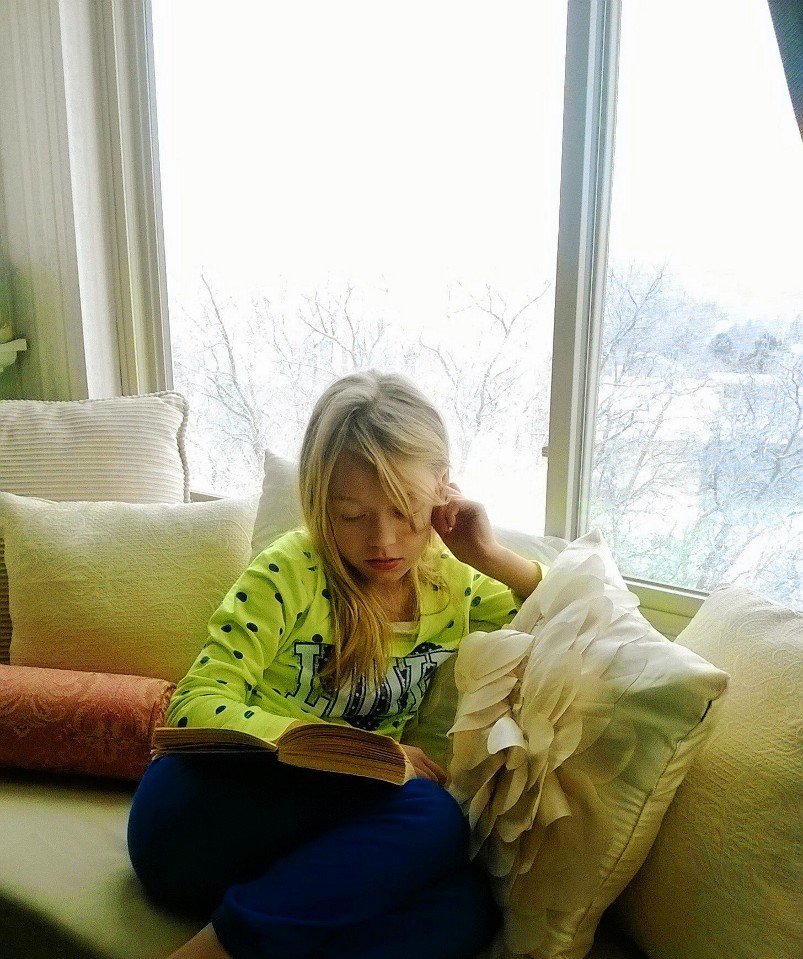- I wonder if ghosts are real or unreal.

- When Dad tells me to be good, what does he mean?
- What makes someone a best friend?
- What do people mean when they say they love me?
- That’s not fair!
- Why is time so slow sometimes?
- I think my doll is a person, not just a thing.
- Mom said I didn’t have a good reason. What did she mean?
- My parents say I should tell the truth.
- Where did grandpa go when he died?
The last thirty years’ experience in doing philosophy with children and adolescents has shown us that they are not only capable of doing philosophy but need and appreciate it for the same reasons that adults do. Children think constantly, and reflect on their thoughts. They acquire knowledge and try to use what they know. And they want their experience to be meaningful: to be valuable, interesting, just and beautiful. Philosophy offers children the chance to explore ordinary but puzzling concepts, to improve their thinking, to make more sense of their world and to discover for themselves what is to be valued and cherished in that world.
The advent of Philosophy for Children also coincides with the recognition that emerged in the third quarter of the 20th century that children are capable of thinking critically and creatively, and that a major aim of education should be to help children become more reasonable-the “fourth R”. And as reading and writing are taught to children through the discipline of literature, why not make reasoning and judgment available to them through the discipline of philosophy? However, these benefits don’t come from learning about the history of philosophy or philosophers. Rather, as with reading, writing and arithmetic, the benefits of philosophy come through the doing-through active engagement in rigorous philosophical inquiry.
Philosophy also includes the discipline of ethics and Philosophy for Children has proven to be an ideal program for values education. Children’s experience is replete with ethical concerns and issues, though they may be only dimly aware of this. And through television, the internet and other media, children today are exposed to ideas and images which not so long ago would have been reserved for adults. Like adults, children often perceive the world as a jumble of alternative possibilities. Rather than dictate a set of prescribed values to children, Philosophy for Children seeks to help them strengthen their own capacity to appraise and respond to these beckoning alternatives; to self-correct their habits of thought, feeling and action through sustained ethical inquiry. Moreover, Philosophy for Children’s egalitarian nature, commitment to varying viewpoints and insistence on the inherent value of all participants helps foster empathy and pro-social behavior as an essential basis for values education.

